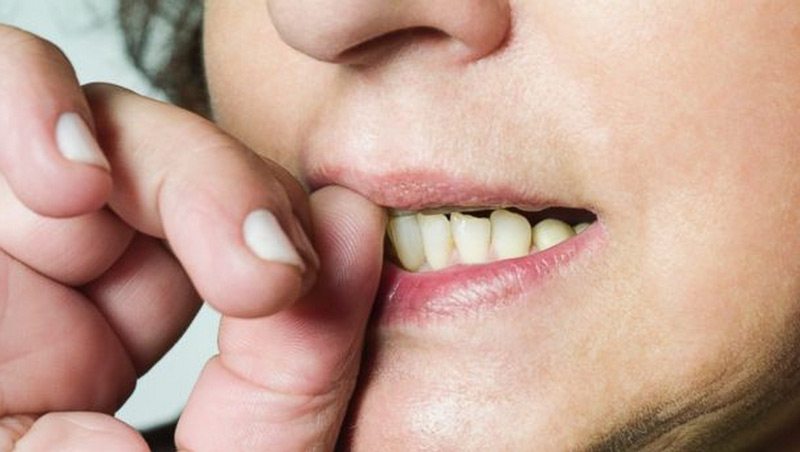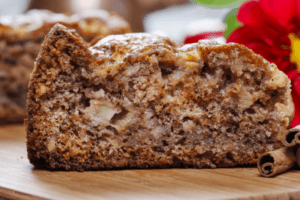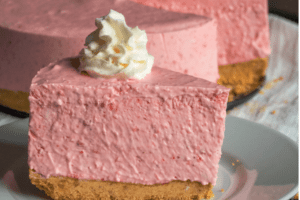NAIL-BITING AND HEALTH
As the study makes clear, nail-biting is considered a body-focused repetitive behavior – a classification reaffirmed by the vast majority of the medical community. Any BFRD-related behavior is harmful to one’s health and nail-biting is no exception.
Per WebMD, “Nail biting has both physical and emotional consequences.” Among the physical problems associated with nail-biting:
– Soreness and redness of nails and cuticles
– Bleeding and potential infection of skin surrounding nails
– Increased vulnerability to bacteria, infection, and viruses (via passage from finger-to-mouth contact)
– Weakening of teeth enamel
– Maladjusted teeth
– Giving a poor impression (through ragged-looking nails or by biting them in front of others)
Psychologically, WebMD associates fingernail biting with anxiety and stress; though it could potentially indicate a more serious psychological problem such as Obsessive-Compulsive Disorder (OCD). Relatedly, perfectionism is considered a risk factor for OCD.
Fingernail biting is a common but very unhealthy habit – a habit fed by counterproductive emotions and (potential) psychological problems.
Although being “diagnosed” as a perfectionist may understandably stoke feelings of pride in the uninitiated, it is an extremely unhealthy mental state. Studies have linked the personality trait of perfectionism with myriad psychological issues: personality disorders, eating disorders, social anxiety, social phobia, body dysmorphic disorder, self-harm, substance abuse and clinical depression.
Perfectionists may also develop chronic stress disorders, and are at an increased risk of developing heart-related conditions.
The relationship between nail-biting and perfectionism is one that demands further inquiry, and rightfully so. The study consisted of a relatively small sample of individuals, although the reported correlation between perfectionistic traits and nail-biting is sound.









